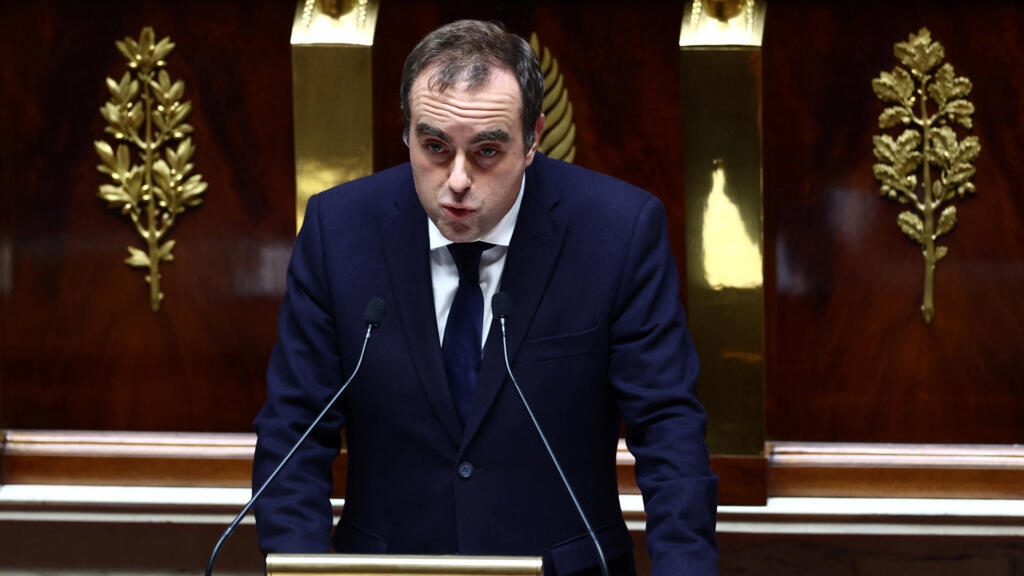
French Prime Minister Sébastien Lecornu survived two no confidence votes in the National Assembly on Thursday after winning last-minute backing from Socialist MPs over his decision to suspend a contested pension reform.
The first motion, put forward by the hard-left France Unbowed (LFI), fell 18 votes short of the 289 needed to bring down the government.
It was backed by some Socialist MPs as well as Marine Le Pen’s far-right National Rally (RN) and the small right-wing Union of the Rights for the Republic (UDR).
A second motion, tabled by the RN and the UDR, was put to the vote shortly afterwards and gathered 144 votes.
During heated debates before the first vote, Socialist MP Laurent Baumel defended the party’s choice to support Lecornu’s government.
“This is by no means a non-censure pact for the future,” he told MPs. “The very survival of your government depends on the effective suspension of the promised pension reform, and there will be no tricks or procedural ruses.”
Outgoing Prime Minister Lecornu prepares for talks to end political gridlock
'Reform is a decoy'
LFI’s Aurélie Trouvé and National Rally leader Marine Le Pen both tried to sway undecided MPs to vote for their own censure motions.
Trouvé called Lecornu’s move to suspend the reform “a decoy, a deception, a subterfuge”, warning fellow MPs not to be “taken in by this illusory handout”.
Le Pen, meanwhile, accused right-wing parties of siding with the Socialists, saying they were “united by the terror of the election”.
Lecornu gained crucial support from the Socialists on Tuesday when he pledged to halt the government’s plan to raise the retirement age, a reform originally pushed by President Emmanuel Macron.
In return, Socialist MPs agreed not to back either no confidence motion.
Lecornu unveils budget as France faces tough talks on spending
Legacy on the line
Lecornu told lawmakers on Wednesday he would propose in November an amendment to the social security financing law in order to suspend the reform.
But he has warned that delaying Presiden Emmanuel Macron's pension reform would cost some €400 million in 2026 and €1.8 billion the year after, and that it must be offset by savings elsewhere.
By putting the pension reform on the chopping block, Lecornu threatens to kill off one of Macron's main economic legacies at a time when France's public finances are in a perilous state, leaving the president with little in the way of domestic achievements after eight years in office.
France is in the midst of its worst political crisis in decades as a succession of minority governments seek to push deficit-reducing budgets through a parliament split into three ideological blocs.
The Socialists on Wednesday set their sights on including a tax on billionaires in the 2026 budget as talks over its passage began in parliament.
(with newswires)







